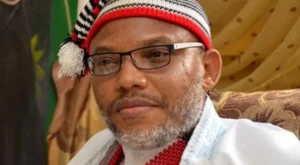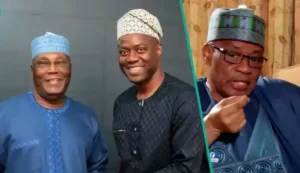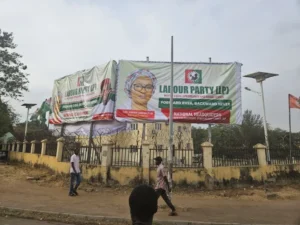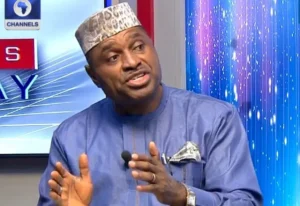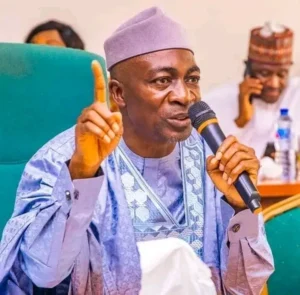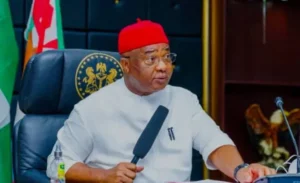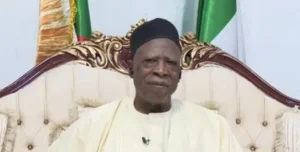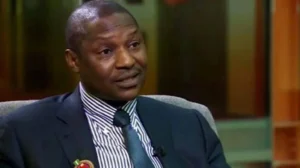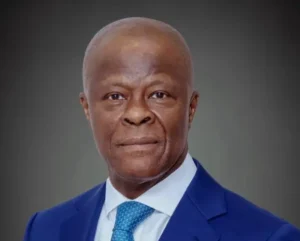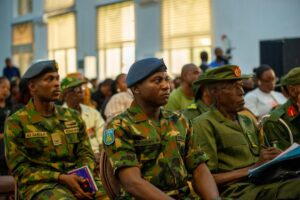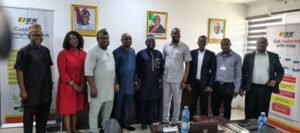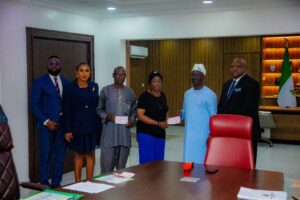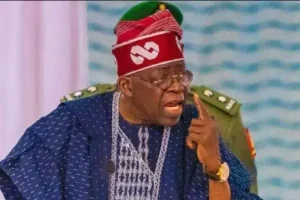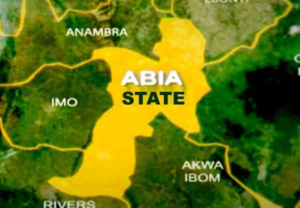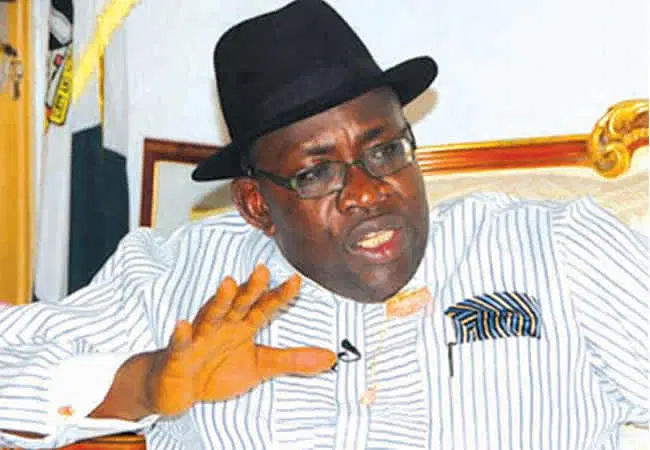
The lawmaker representing Bayelsa West in the National Assembly, Henry Seriake Dickson, has clarified his decision to step down from a legislative group examining claims against Timipre Sylva, who previously served as the nation’s deputy petroleum minister. Sylva also held the position of Bayelsa State’s chief executive before Dickson’s own tenure in that role.
In a detailed public disclosure, Dickson noted that during a recent gathering of the National Assembly’s Local Content Subcommittee, he opted to withdraw upon realizing the session was dedicated to scrutinizing accusations of improperly redirecting $14.8 million from the Nigerian Content Development and Monitoring Board’s resources. This move, he stressed, was essential to uphold principles of equity and eliminate any risk of perceived prejudice, particularly in light of their extended history of political rivalry within the state.
“I want those familiar with my involvement in the group to understand my position clearly, even as the inquiry moves forward under their legitimate authority,” Dickson stated in his announcement. He further emphasized his personal philosophy against undermining adversaries through official channels, reinforcing his commitment to impartial governance.
The development follows the Economic and Financial Crimes Commission’s announcement on November 10, labeling Sylva a person of interest in connection with supposed collusion and fraudulent transfer of the specified funds. Authorities have urged citizens to assist by sharing reliable details that might aid in locating him.
Sylva’s media aide, Julius Bokoru, dismissed the pursuit as a targeted partisan effort designed to damage his client’s standing, vowing to engage with investigators upon his return from overseas.
The subcommittee, presided over by Joel-Onowakpo Thomas, endorsed Dickson’s exit without objection, allowing the review to proceed unhindered. This episode highlights persistent discussions on accountability in Nigeria’s energy sector, where oversight panels often navigate intricate interpersonal and factional dynamics among former state leaders.
The political relationship between Dickson and Sylva has been tense for nearly two decades. Sylva governed Bayelsa from 2007 to 2012, while Dickson succeeded him and served from 2012 to 2020. Their rivalry peaked during the fiercely contested 2019 governorship election when Sylva, running on the APC platform, attempted to reclaim the governorship but was defeated by Senator Douye Diri of the PDP, a race in which Dickson played a decisive behind-the-scenes role.
Observers note that Dickson’s recusal, though framed as an ethical choice, also serves a strategic purpose: it shields him from accusations of using federal legislative power to settle old state-level scores, especially at a time when he is positioning himself as a senior statesman in Bayelsa and within the national PDP structure.
The NCDMB probe itself has stirred broader concerns in the oil and gas industry. Industry sources claim the alleged diversion occurred during a period when the agency was under intense pressure to fund rapid infrastructure projects in the Niger Delta. Whether the $14.8 million was misapplied or outright stolen remains the central question the subcommittee hopes to answer through bank records, contract documents, and witness testimonies.
As the investigation continues, many Nigerians are watching to see whether the panel will maintain independence or succumb to the familiar pattern of high-profile probes that end quietly after initial media fireworks. For now, Senator Dickson’s withdrawal has at least removed one potential flashpoint, allowing the committee to focus on evidence rather than the long-standing personal and political animosity between two of Bayelsa’s most prominent figures.
